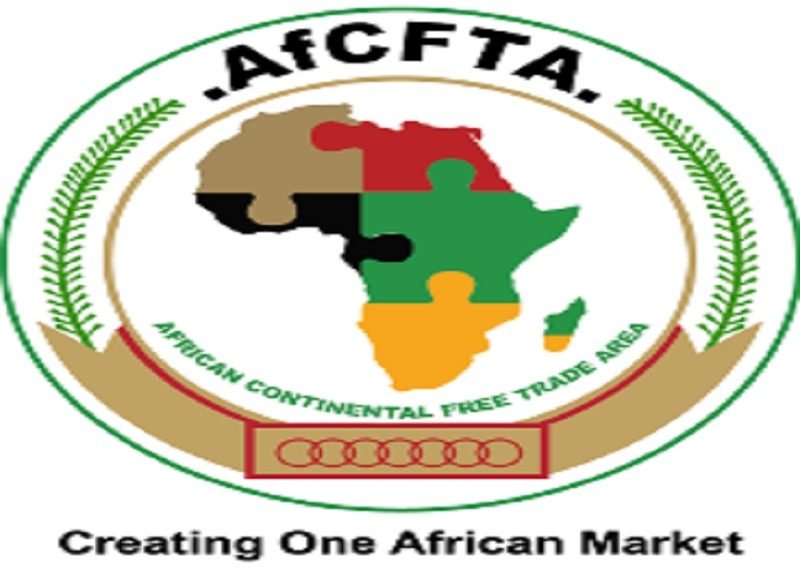AfroChampions, an African Union-mandated network to coordinate private sector discussions around Africa Continental Free Trade Area (AfCFTA), has encouraged African ministers to implement AfCFTA.
In a letter addressed to African ministers, AfroChampions emphasized that the initiative is to the benefit of the continent especially the private sector.
“The private sector is the biggest beneficiary of AfCFTA and with supply chains being disrupted globally, it is even more urgent that we have a functioning system within the continent to create continental supply chains,” it said.
In the wake of the Covid-19 pandemic, many debates have emerged on whether the long-awaited implementation of AfCFTA agreement which is due on July 1, 2020 would be delayed for up to a year as a result of the economic crisis associated with the pandemic.
Meanwhile, the African Union (AU) and other bodies haven’t formally confirmed any intention to pause their plans. Notwithstanding, the speculations about its delay may be under consideration during such unprecedented times.
Paulo Gomes, chair of the executive committee of AfroChampions and a former World Bank executive director, indicated that he would root for the implementation of AfCFTA if he were an African finance minister.
He said, “the Continental Free Trade Agreement can be one of the most important tools of our economic recovery. If I’m an African finance minister I don’t have quantitative easing and the money printing money tools of the wealthier economies—trade can be our stimulus.”
According to Gomes, this isn’t simply about intra-African trade for the sake of it but better, intentionally structured regional integration as a way to enhance national and sub-regional economies.
After the approval of AfCFTA by majority African countries last year, the consensus led to the creation of the world’s largest free trade zone with a combined GDP of $3.3 billion. Since Africa has the world’s lowest intra-continental trade, this initiative will be vital as African countries would boost trade on the continent by over 50% just by dropping trade barriers between themselves.
A publication of the second Africa Regional Integration Index (2019) revealed that the continent’s low integration average scored 0.327 out of 1. The index measures regional integration through the lens of production, infrastructure, trade, free movement of people and macroeconomic integration.
According to the publication, Africa is particularly “poorly integrated on the productive and infrastructural dimensions.”
By these metrics, South Africa is Africa’s most regionally integrated country because it outperforms on productive and infrastructure integration. But it underperforms on the free movement of people. Its index score of just 0.625, is way ahead of the second-best country Kenya (0.444) and third Rwanda (0.434).
An AfCFTA delay still seems possible if only for practical logistical reasons, but ministers are still talking and the hope is for a compromise to be agreed to enable a multi-part implementation to start this year.





















